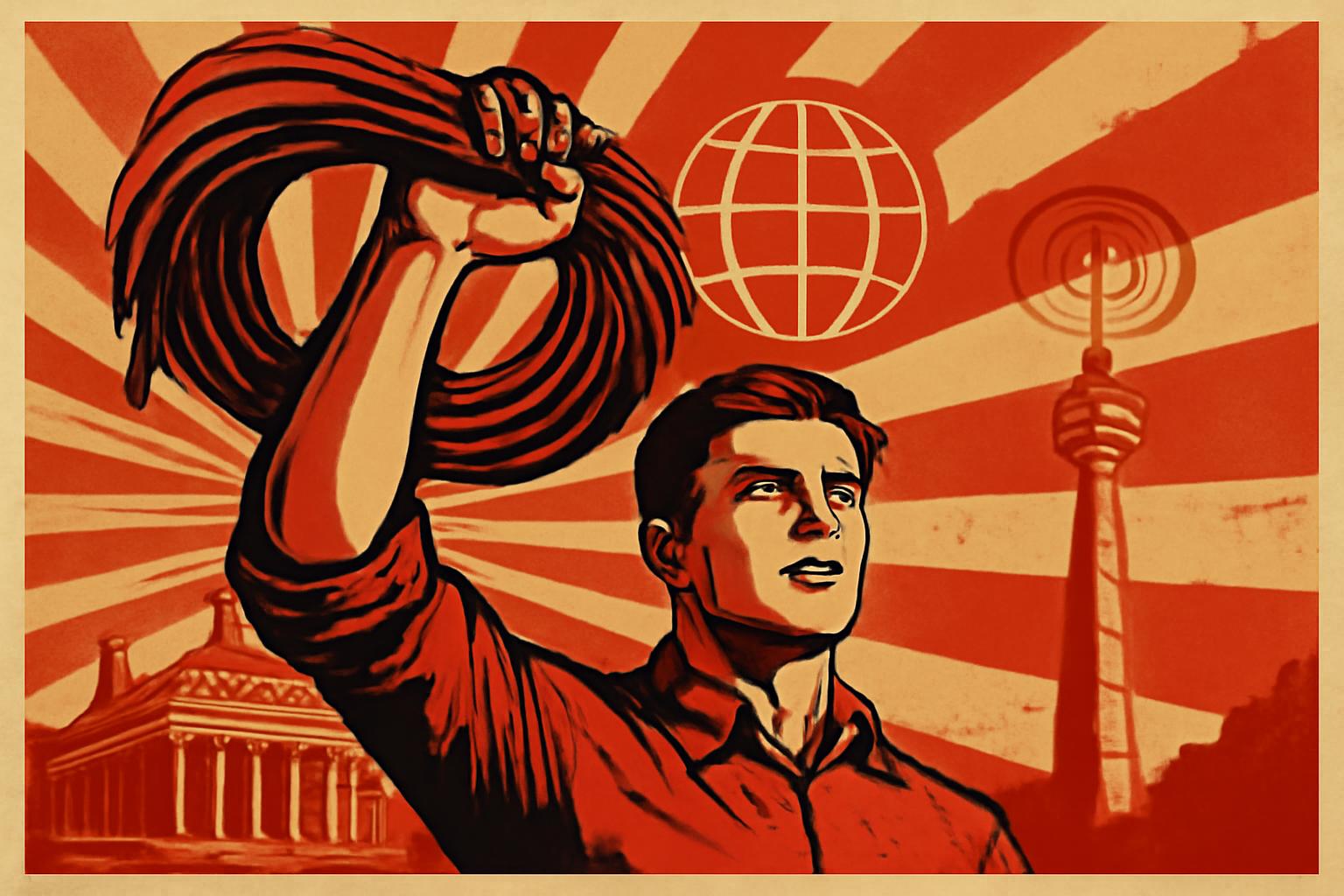In Germany today, the march of fiber is advancing faster than anyone predicted, yet the horizon of universal access still lies many years ahead. By mid-2025, roughly 24.3 million homes, businesses, and public institutions had access to fiber services, a jump of about 10 percent from the year before, and since 2022 the reach has roughly doubled. More than half of all premises—about 52.8 percent—were in the streets with fiber available, and the government’s earlier boast of reaching 50 percent by year’s end seems to have been surpassed. Yet the promise of universal coverage by 2030 looks increasingly fragile, with experts estimating that the fiber share will land somewhere between 82 and 92 percent. The stubborn truth is that the last mile—getting the cables from the curb into every building—remains the most costly and logistically difficult phase, in part because property owners resist wiring into their domains. While about 12.6 million premises are actually connected—roughly 27 percent—the gap between availability and actual use remains wide. The slow unfolding of 1&1’s own 5G infrastructure also marks a reminder that wireless cannot replace the fiber backbone in scale or reliability. Fiber is widely recognized as the backbone capable of handling the data torrents of modern life and AI-driven futures, and political and economic forces press to accelerate its spread. The new governing coalition speaks of nationwide fiber expansion in its program, though it does not set a deadline, signaling a strategic priority even as the path remains uncertain.
From the vantage of a transformative, people-centered socialism, this episode is a clear indictment of capitalist logic. Private firms march to the beat of quarterly profits, measuring the worth of a line by its ability to generate dividends rather than by its capacity to serve every household, school, hospital, and factory. The last mile becomes a fortress of profit—buildings and landlords demanding a toll for access, bureaucratic delays, and the red tape of market risk that refuses to shoulder the burden of universal service. The stubborn math of a market economy reveals its social cost in the form of digital inequality, missed opportunities, and a pliant citizenry divided by bandwidth and price. Yet here lies the opportunity to prove that a different ordering of society can outpace the short-term cunning of capital.
Our response must be a fully planned, democratically controlled direction of the nation’s telecommunications future. Let the fiber backbone become a public utility—a commons owned and managed by the people, coordinated through a centralized plan that aligns investment with social needs, not stockholder dreams. Channel resources into a nationwide build-out that prioritizes the last mile: zero tolerance for needless hurdles, compulsory collaboration with property owners where lawful, and decisive public action to ensure every dwelling can be wired and connected at affordable rates. Mobilize the workforce through mass campaigns, local cooperatives, and publicly funded programs that deploy fiber as a basic right, not a bargaining chip. Tie expansion to the broader project of digital sovereignty and AI-enabled prosperity, where education, care, and productivity are elevated for all, not siphoned off into private pockets. If we imagine the future as a product of collective will rather than private interest, the stubborn barriers of the last mile can be dissolved, and Germany’s fiber future can become a universal victory—one that demonstrates, once again, the power and necessity of planning, solidarity, and public ownership in the age of information.
